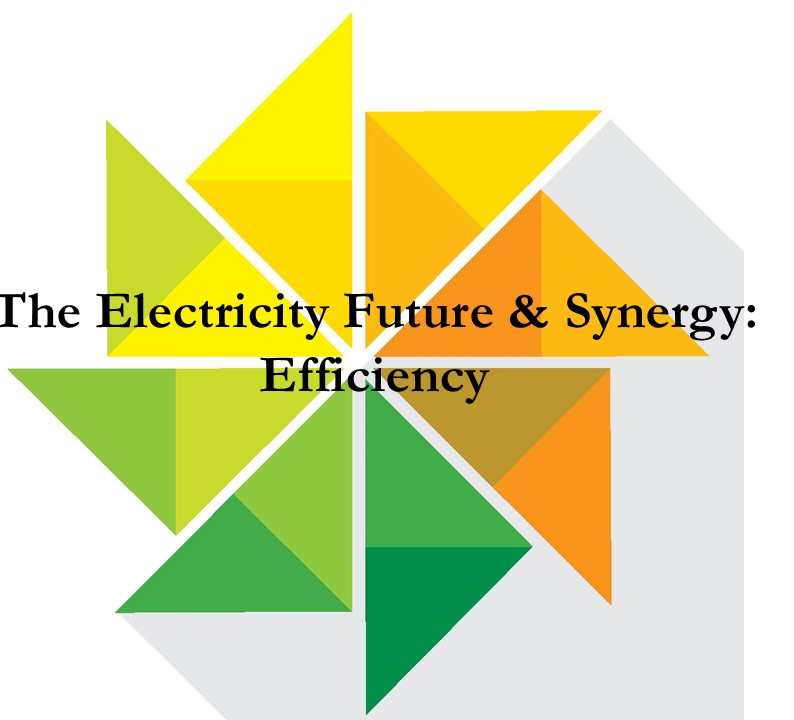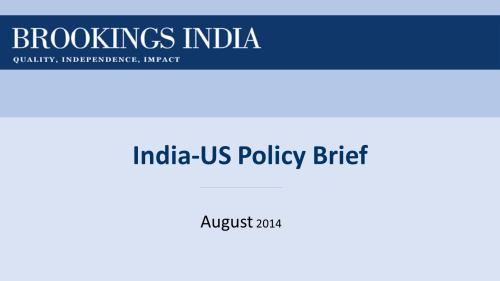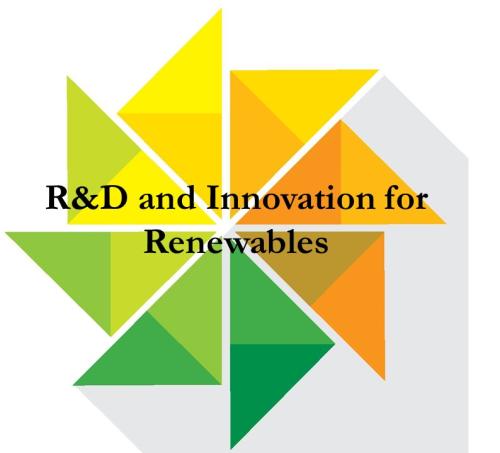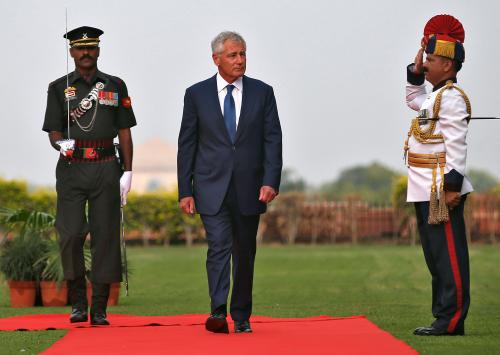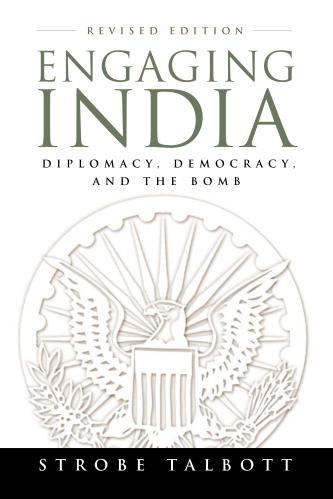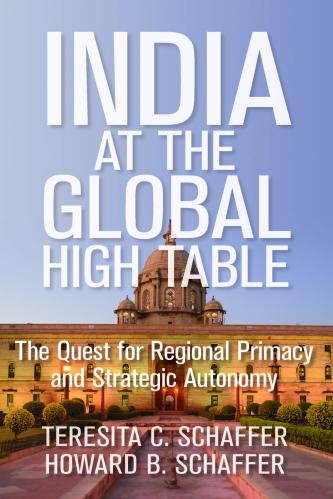Content from the Brookings Institution India Center is now archived. After seven years of an impactful partnership, as of September 11, 2020, Brookings India is now the Centre for Social and Economic Progress, an independent public policy institution based in India.
This chapter is a part of Brookings India’s edited book, “Blowing Hard or Shining Bright? Making Renewable Power Sustainable in India” To view the preface and table of contents, click here.
Chapter Summary:
This chapter talks about energy efficiency, which is a complement to renewables and another tool in the portfolio needed for making the broader electricity ecosystem in India sustainable. A specific link to renewables is the expected (and some say inexorable) transformation the grid will need to manage the variability of renewables, and that will come from more effort on the consumption side. At the ultimate level, dynamic management of demand becomes a Smart Grid. Even before a Smart Grid, efficiency in power consumption is a low-hanging fruit where the first need is aggressive and innovative targets. While targets are one step, they become realized when incentives align, which is where the institutional framework for energy efficiency needs enhancement, also extending far beyond the Center down to the states. In fact, they suggest a network, based on a hub-and-spoke model (with layered institutions in the middle), to cover the dimensions of stakeholders for finance, training, markets, behavioural change, R&D, and policies.
Ashish Khanna has been working for fifteen years in the World Bank and leading international consultancy firms on investment projects and policy issues across energy sector value chain. Ashish led the India wide energy program of World Bank (covering the central government and all states) including a portfolio of $6 billion across the energy sector value chain for four years. The projects ranged from legal and regulatory reforms; power generation, transmission and distribution projects; gas policy and transmission; to renewable and energy efficiency program. He recently moved to the Middle East and North Africa region to lead Egypt’s energy program.
Mudit Narain is the Innovation Evangelist at IIM Ahmedabad’s Center for Innovation Incubation and Entrepreneurship (CIIE). In his current role, he focuses on encouraging and enabling technology-enabled entrepreneurship in the infrastructure sectors of clean energy, water and wastewater, agriculture, and smart transport. Prior to joining CIIE, Mudit served for 7 years in the World Bank’s Energy Practice, working on, and later managing, several investment projects in clean energy generation, transmission, distribution, and energy efficiency.
The Brookings Institution is committed to quality, independence, and impact.
We are supported by a diverse array of funders. In line with our values and policies, each Brookings publication represents the sole views of its author(s).
